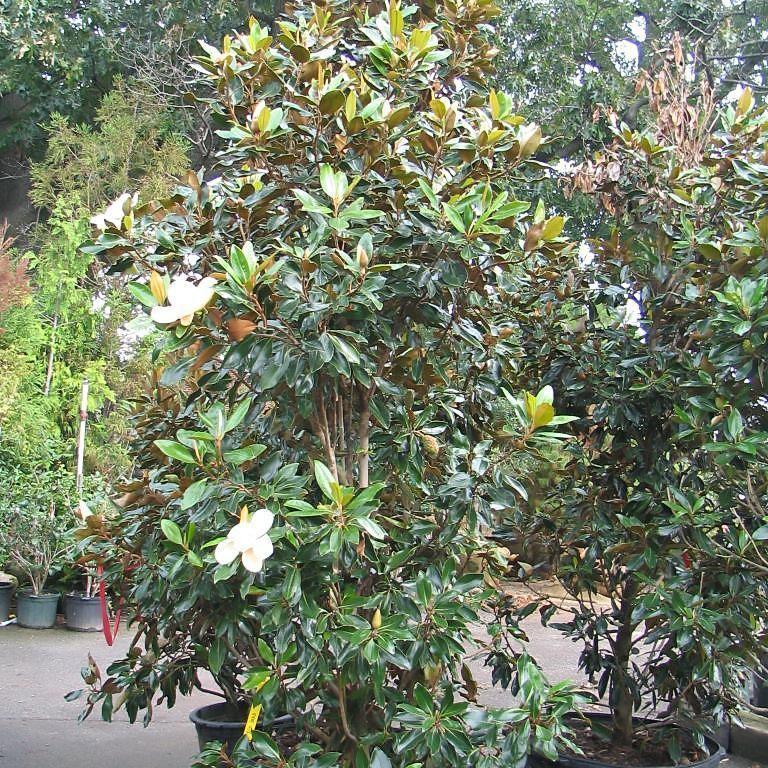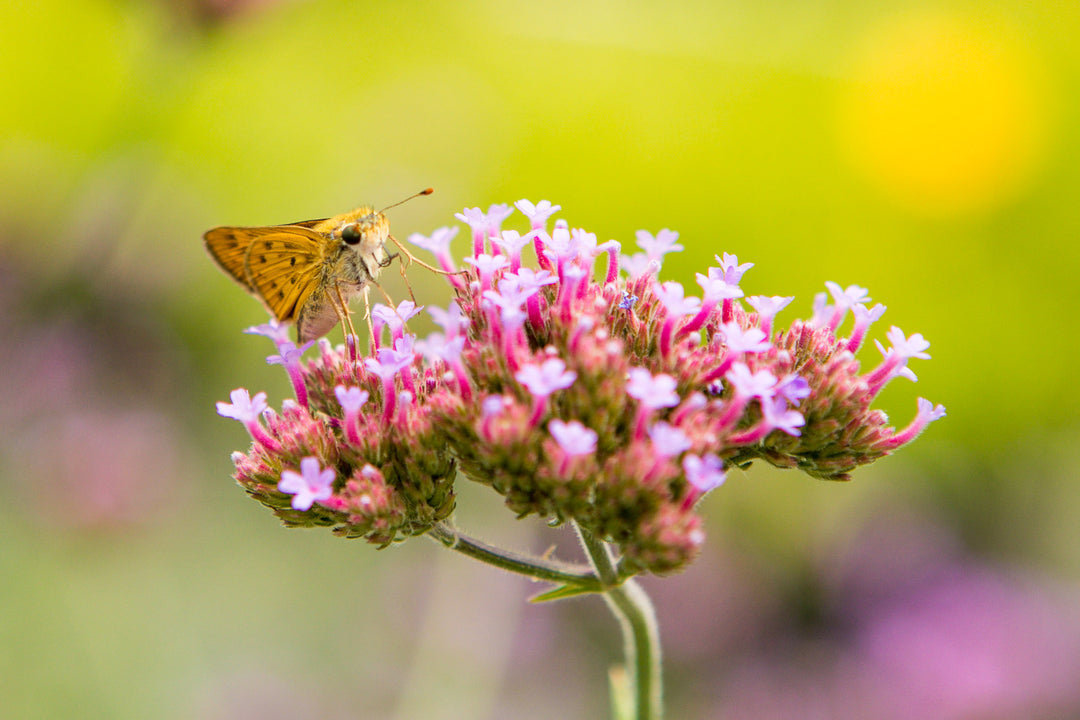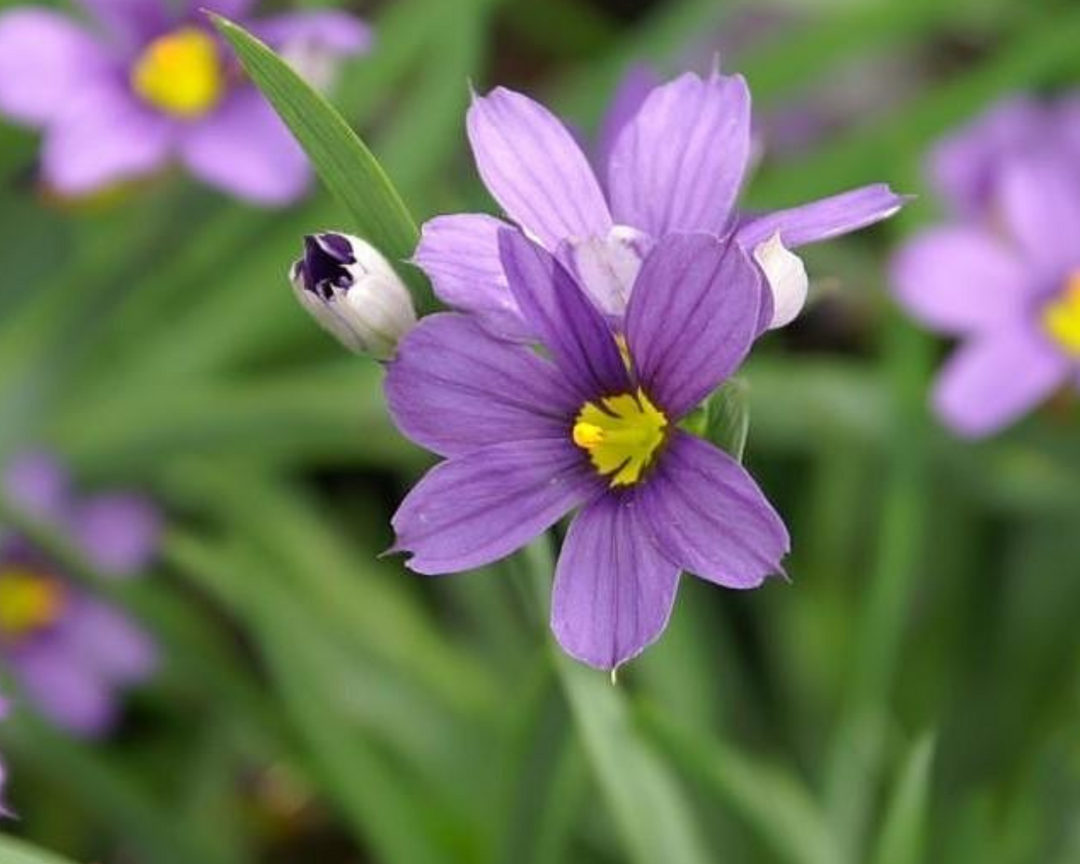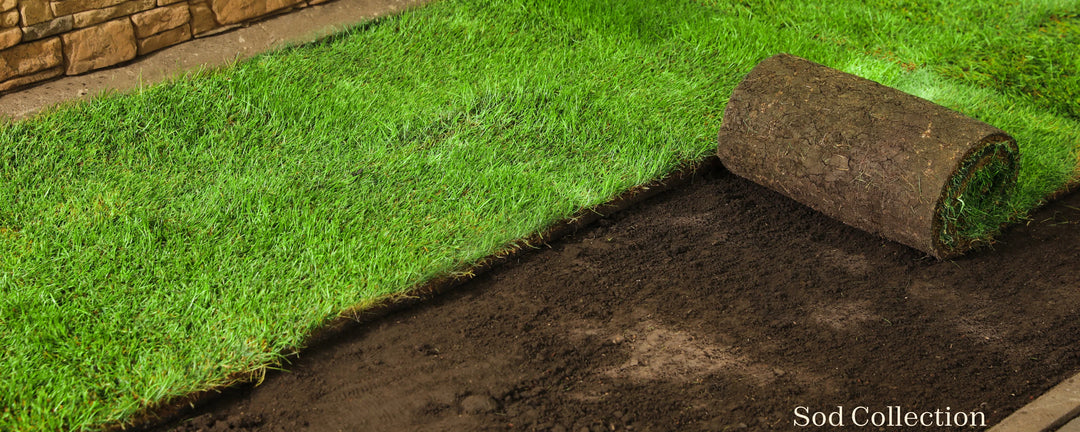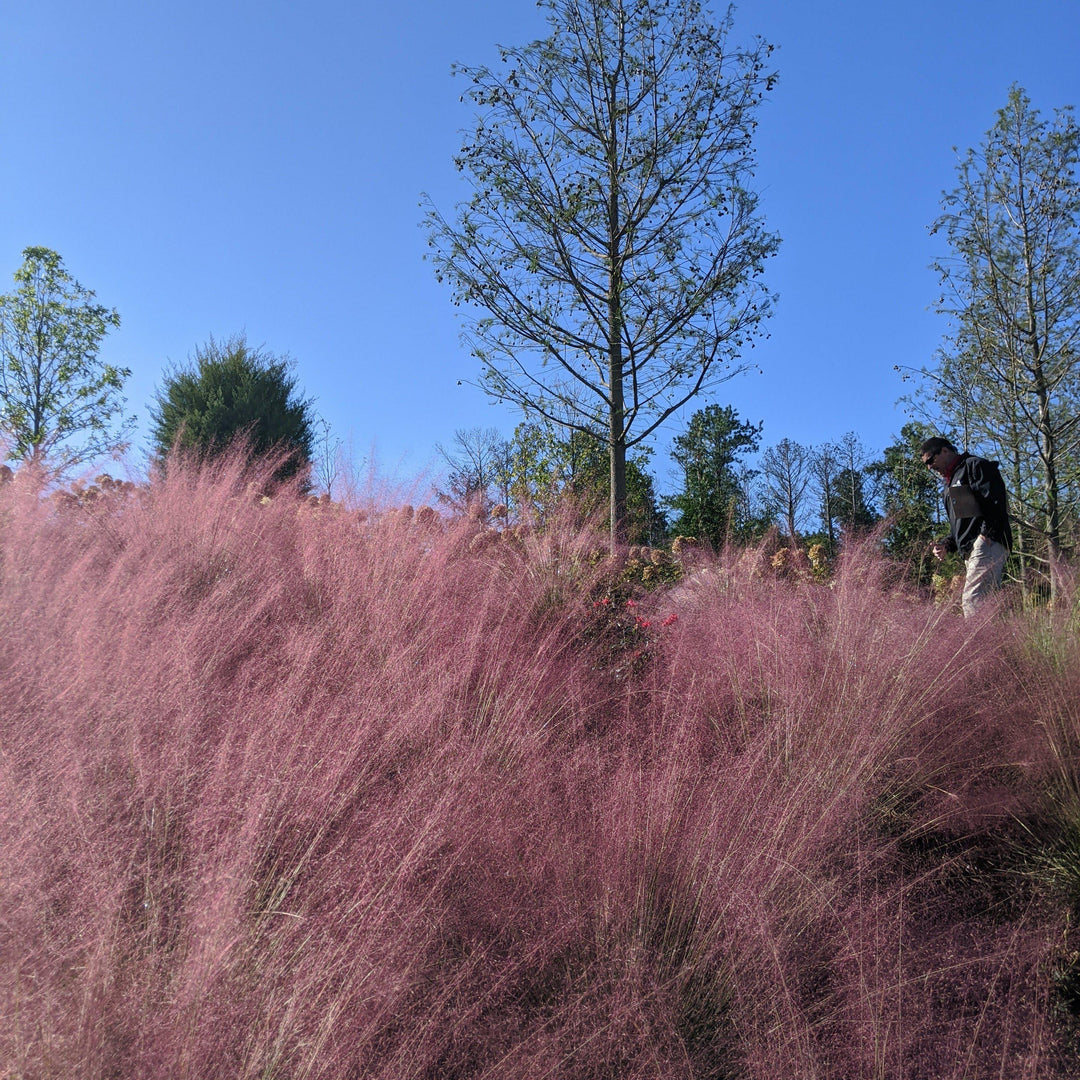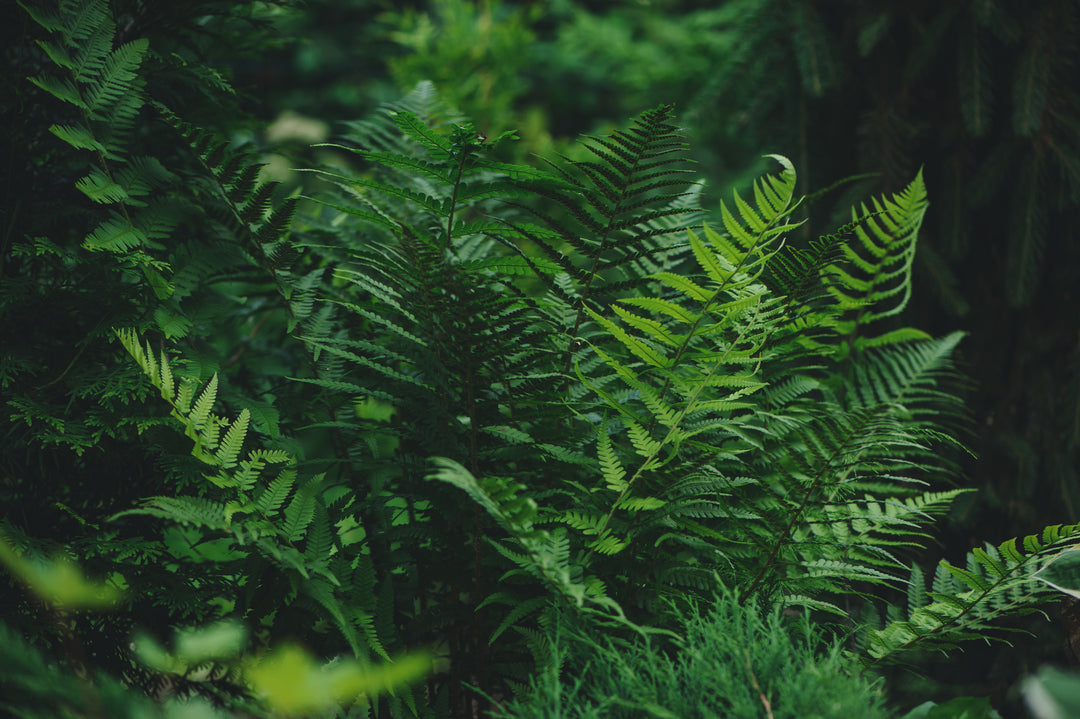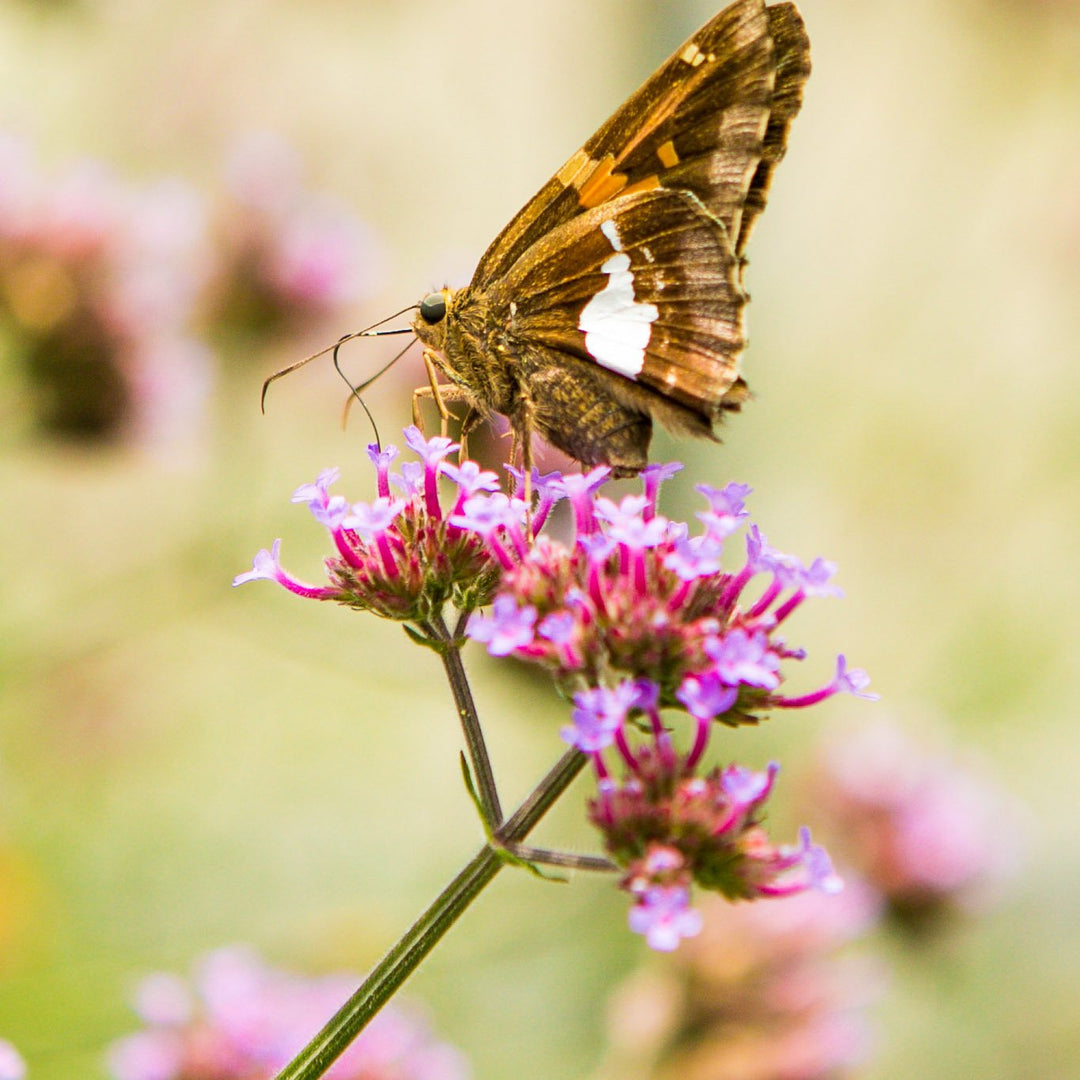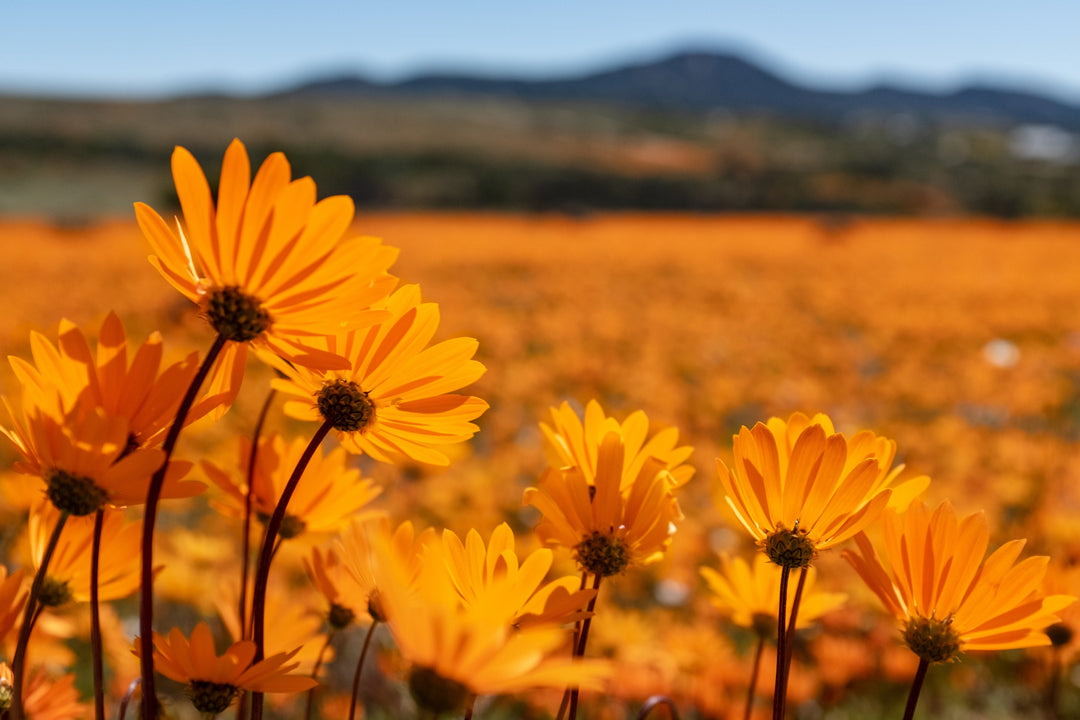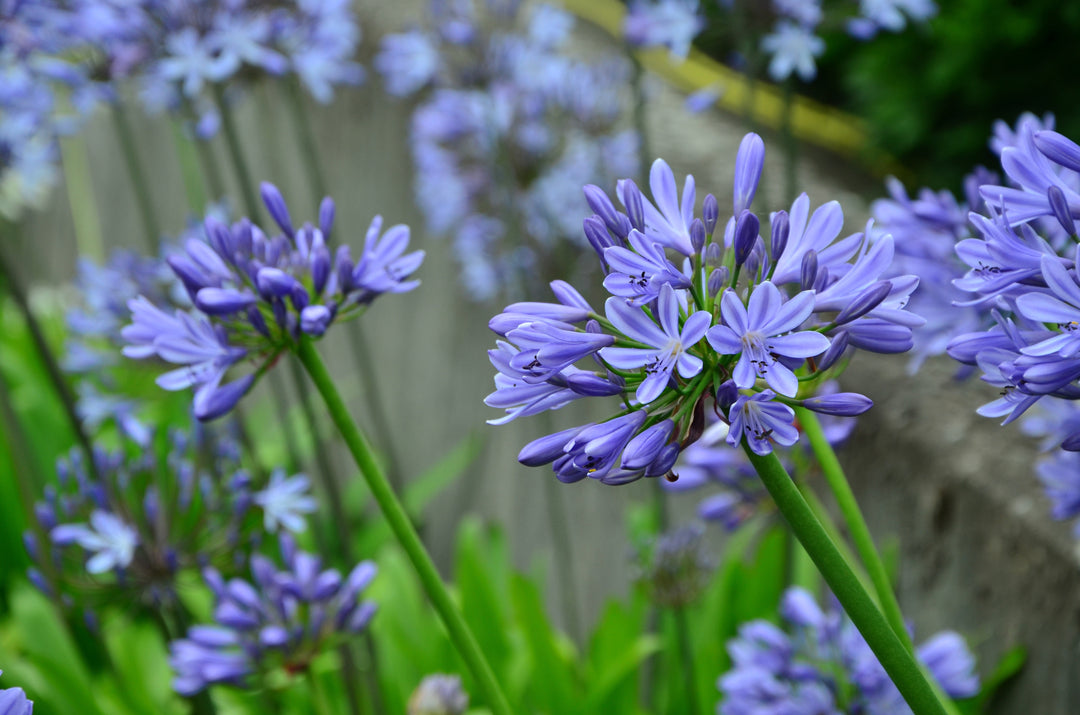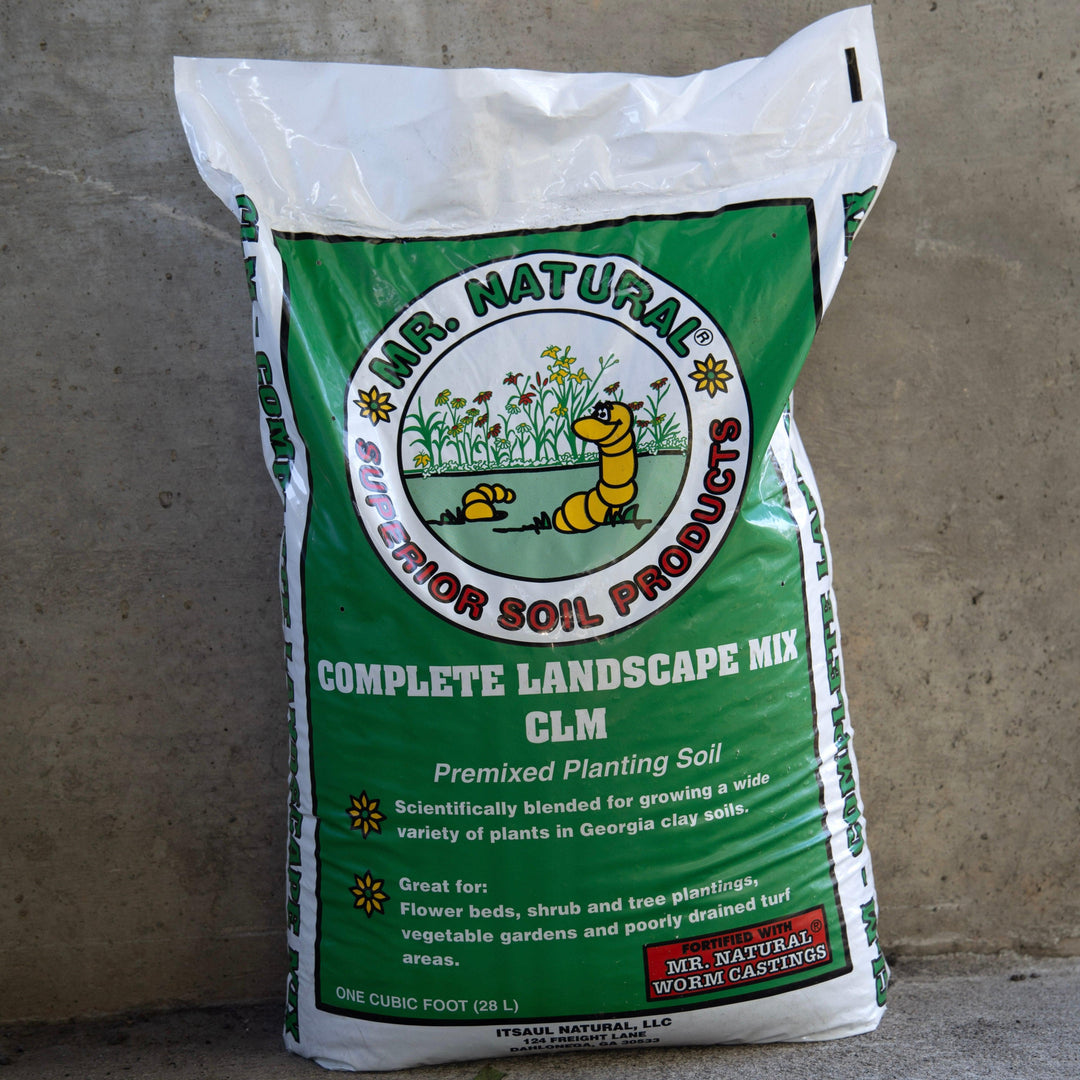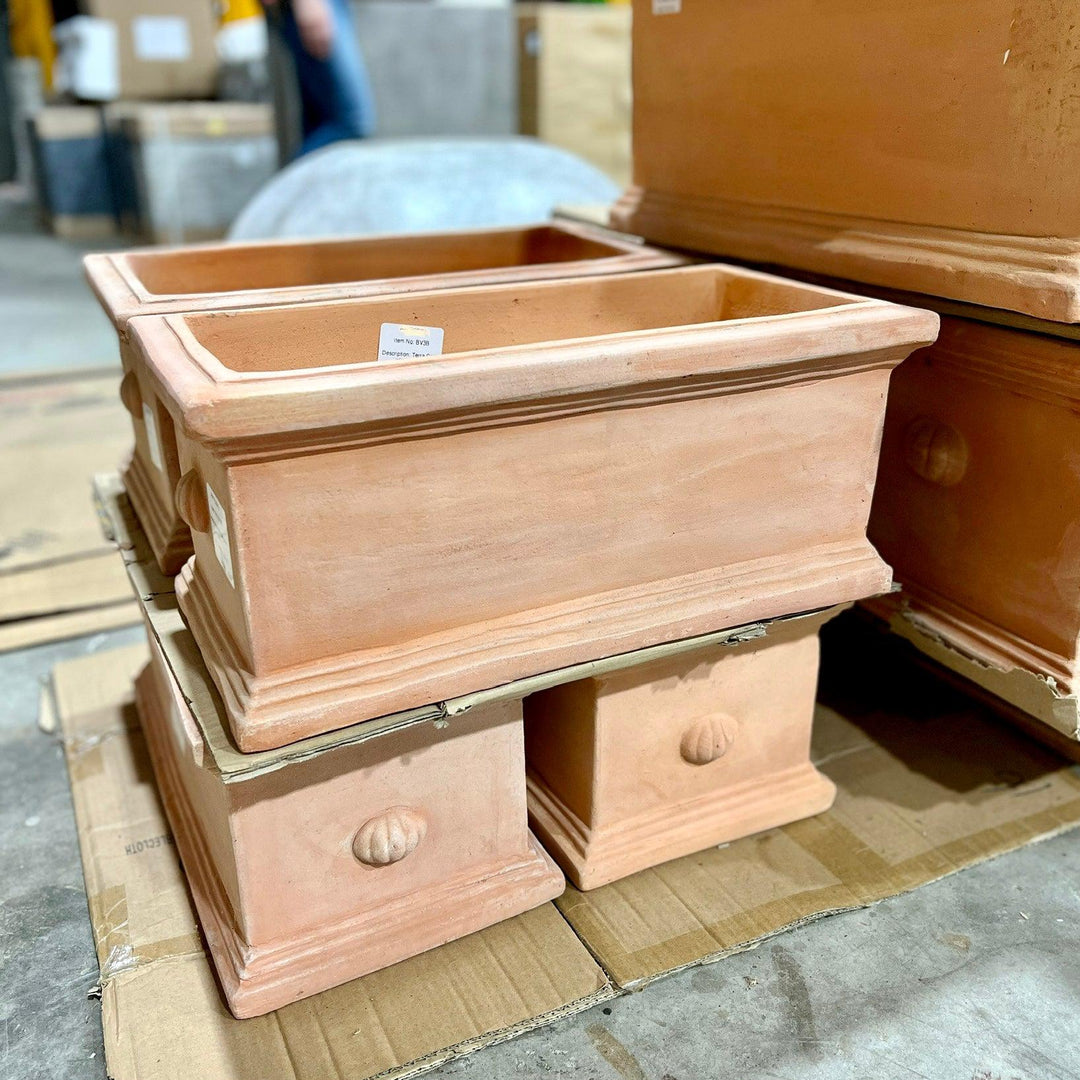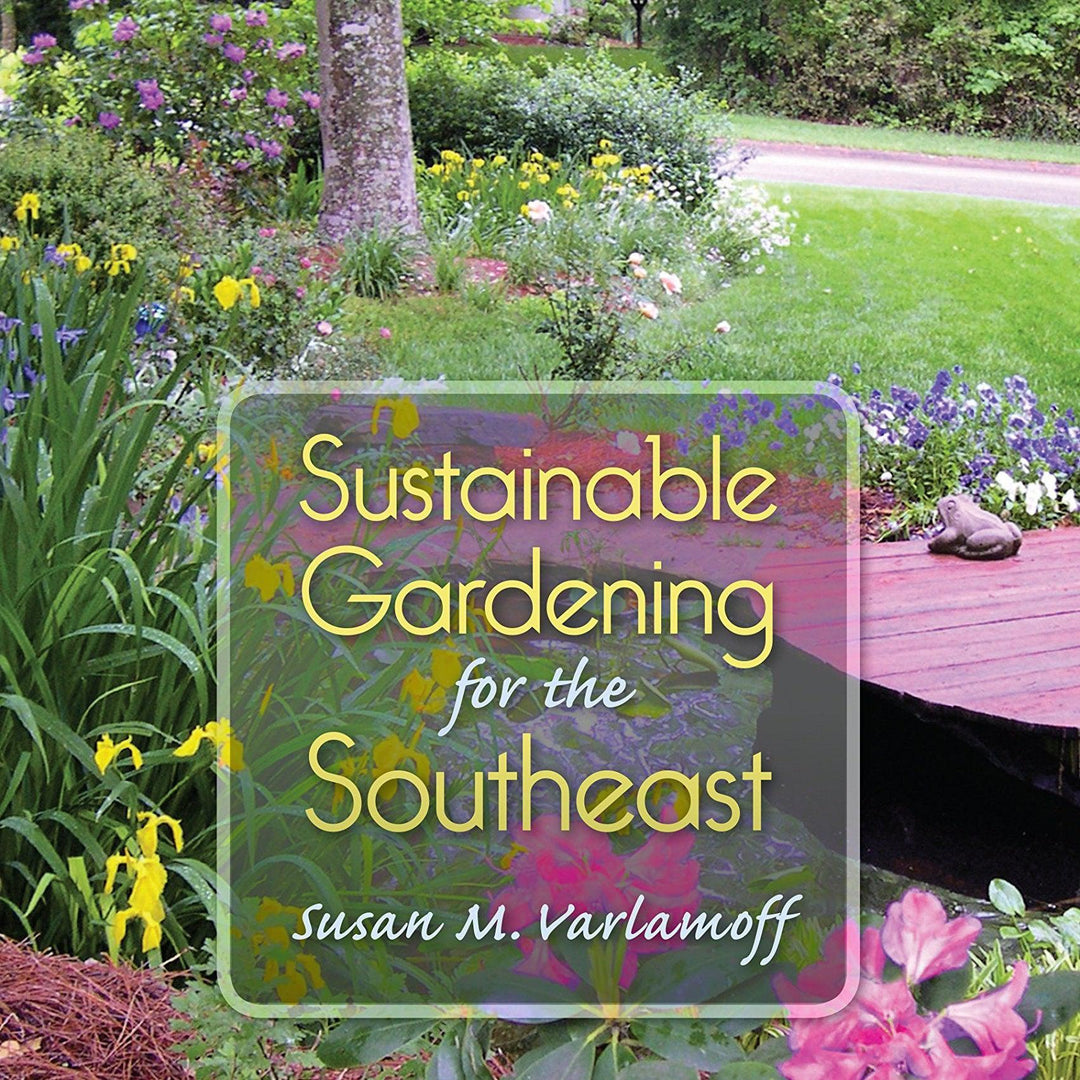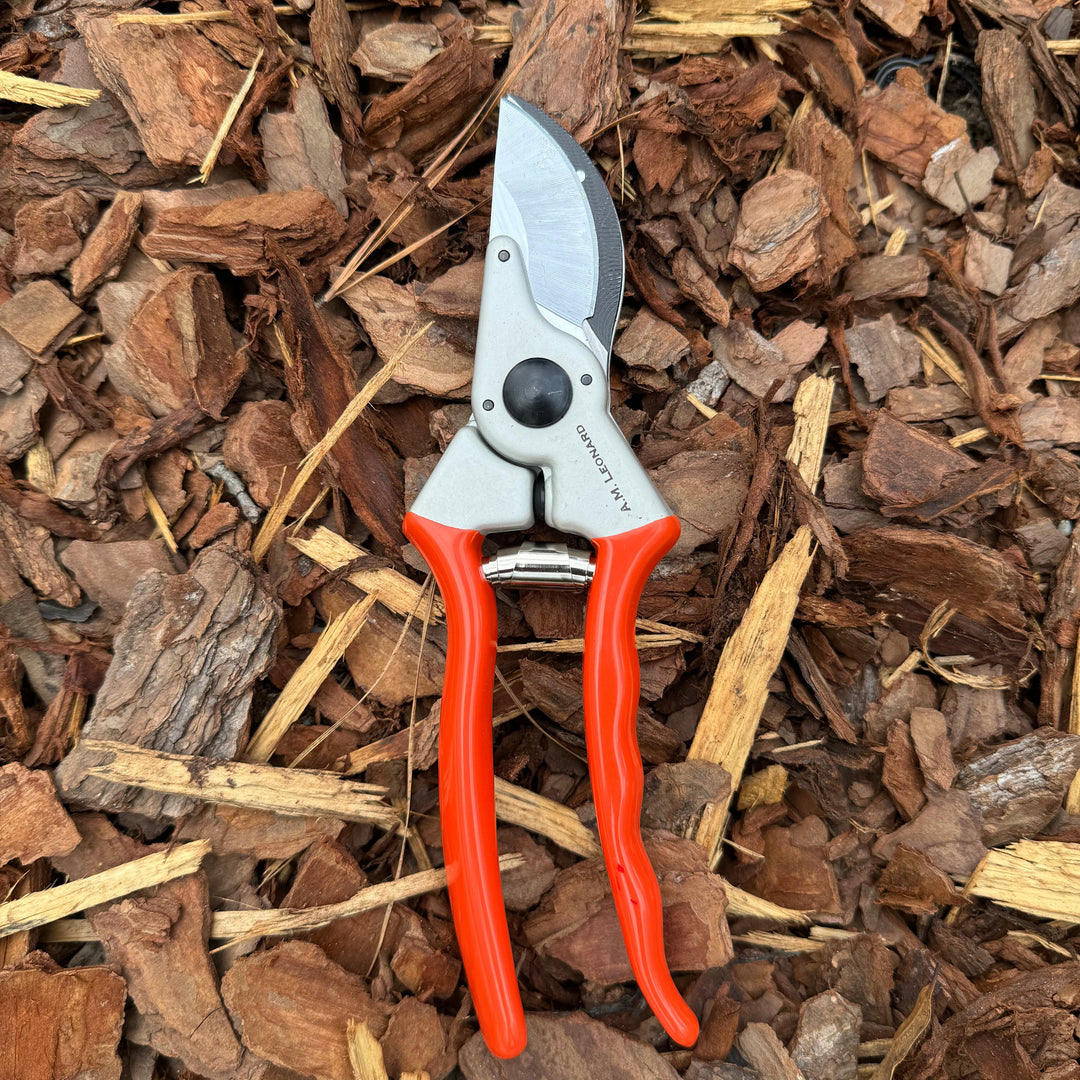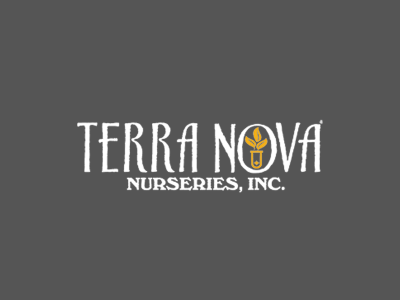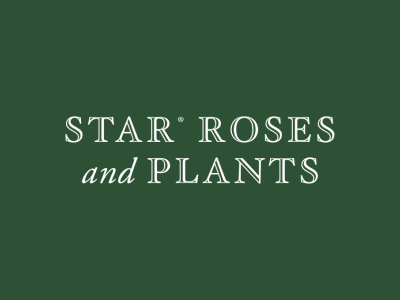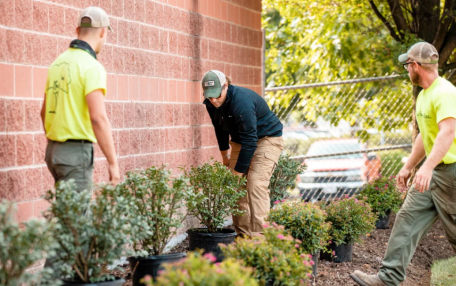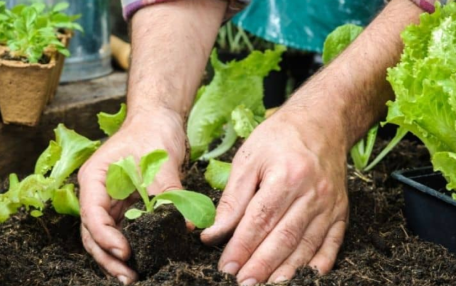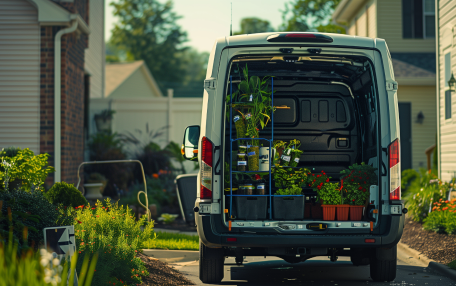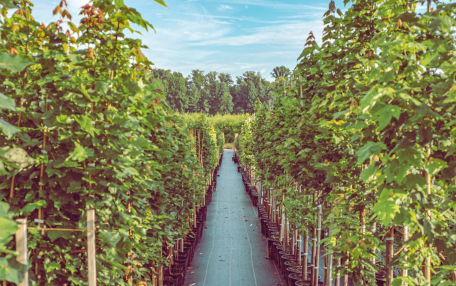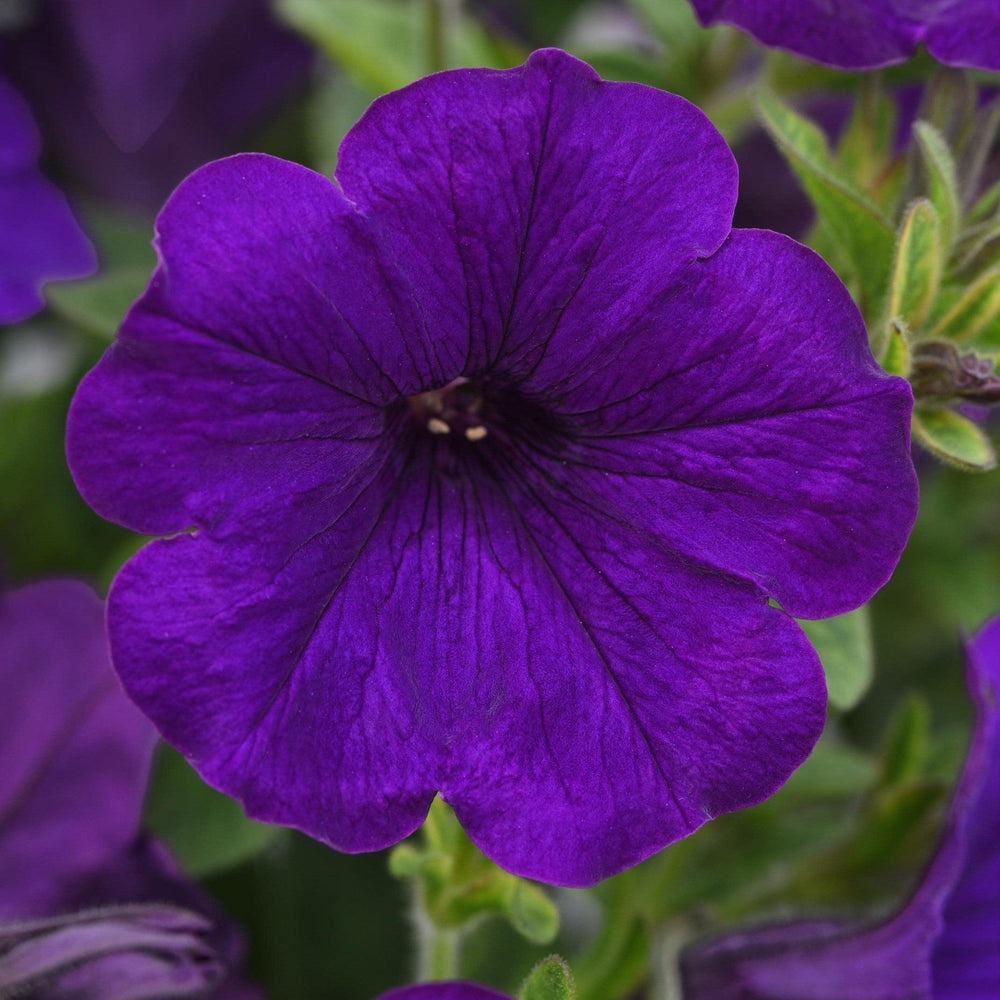Seven Magnificent Pollinators to Attract to Your Garden
Pollinators are nature's unsung heroes, playing a critical role in sustaining our ecosystems and contributing to the biodiversity of our planet.
Among the myriad of pollinators, there are seven that stand out for their unique characteristics and crucial impact on the environment (and plants they love).
1. Honey Bees

Honey bees are perhaps the most well-known pollinators, and they deserve every bit of the recognition they get. These tiny, buzzing insects are responsible for pollinating a vast majority of flowering plants, including many of our agricultural crops.
As they visit flowers in search of nectar, pollen sticks to their fuzzy bodies, and they transfer it from one flower to another, promoting plant reproduction. Their extraordinary efforts contribute to the diversity of fruits, vegetables, and nuts we enjoy on our plates.
Bee-friendly plants:
2. Butterflies

Butterflies are nature's graceful artists, adorning the landscapes with their vibrant colors and delicate wings. Beyond their aesthetic appeal, butterflies are vital pollinators for various wildflowers and garden plants.
Unlike bees, butterflies have long, slender proboscis that they use to sip nectar from flowers. This unique adaptation allows them to pollinate plants with tubular blossoms and places where bees might struggle to reach.
Butterfly-friendly plants:
3. Beetles

Beetles, with their sturdy bodies and chewing mouthparts, may not seem like typical pollinators. Nevertheless, they are among the oldest pollinators on Earth.
Beetles often pollinate primitive plant species, and while they might not be as efficient as some other pollinators, their role in the early evolution of flowering plants is significant. Many plant species have adapted to beetle pollination by producing large, sturdy flowers that can withstand their sometimes clumsy movements.
Beetle-friendly plants:
4. Hummingbirds

In the avian realm, hummingbirds take center stage as proficient pollinators. These iridescent wonders are the smallest birds globally, yet their rapid wing beats and hovering abilities are unmatched.
As they feed on nectar-rich flowers, their heads come into contact with pollen, which they transfer to the next flower they visit. Hummingbirds are especially crucial for plants in regions where other pollinators are scarce or absent.
Hummingbird-friendly plants:
5. Bats

While often misunderstood or feared, bats are essential pollinators, especially in tropical and desert regions. Many bat species have co-evolved with specific plants, creating intricate relationships where both parties benefit.
As bats feed on nectar, they inadvertently spread pollen, helping to fertilize the plants they visit. Some of our most valuable fruits, such as bananas and mangoes, depend on bat pollination.
Bat-friendly plants:
6. Solitary Bees

While honey bees receive most of the attention, solitary bees deserve recognition for their pollination efforts. Unlike social bees, solitary bees do not live in hives, and each female builds and provisions her own nest.
Solitary bees play an important role in pollinating various plants, and some species are even more effective pollinators than honeybees for specific crops.
Solitary bee-friendly plants:
7. Moths

Moths, the nocturnal cousins of butterflies, are often overlooked when discussing pollinators. However, these creatures play a crucial role in the pollination of night-blooming flowers.
With their keen sense of smell, moths are drawn to flowers emitting sweet scents under the moonlight. Their foraging behavior helps plants reproduce, and they are especially important for plants that rely on night-pollinators.
Moth-friendly plants:
Celebrate Our Pollinators
As we celebrate these magnificent seven pollinators, it is crucial to recognize their invaluable contribution to the health of our planet. Without their pollination services, many plants we depend on for food, oxygen, and beauty would struggle to survive.
As stewards of the Earth, we must protect and preserve these vital creatures. By creating pollinator-friendly gardens, supporting local beekeepers, and advocating for environmentally friendly agricultural practices, we can ensure that the magnificent seven continue to thrive and fulfill their essential role in sustaining the biodiversity and beauty of our world.
This article was originally published in Scapes of the South, Issue 01.

